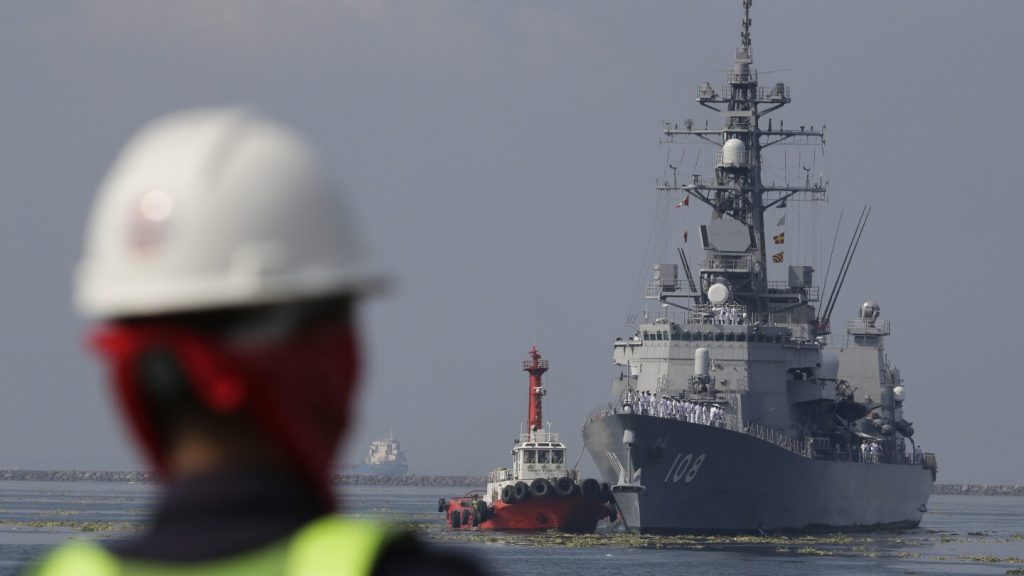The Chinese military recently announced that it had conducted air and sea patrols in response to naval exercises by the U.S. and its allies in the South China Sea. The defense chiefs of the United States, Japan, Australia, and the Philippines had announced joint exercises to uphold the right to sail through and fly over the waters. China has ongoing territorial disputes with several Southeast Asian nations in the region, leading to tensions and skirmishes, particularly with the Philippines. The U.S. has shown support for its ally by conducting joint patrols, which China views as meddling in the disputes.
The Chinese military’s Southern Theater Command stated that it had organized patrols to control all military activities disrupting the South China Sea and creating hotspots. While the statement did not specifically mention the United States or the joint exercises, the U.S. and its allies also did not mention China in their announcement. However, they reaffirmed their support for a 2016 international arbitration ruling that invalidated China’s expansive claims in the South China Sea, emphasizing the ruling as final and legally binding. The tensions in the disputed waters are likely to be a key topic when U.S. President Joe Biden hosts the leaders of Japan and the Philippines in a summit at the White House.
The South China Sea has been a major point of contention for China, the U.S., and other neighboring countries due to conflicting territorial claims and strategic interests in the region. China has built artificial islands and military installations in disputed waters, asserting its sovereignty over the area and leading to increased military presence and activities. The presence of U.S. naval patrols and joint exercises with allies has further escalated tensions, with China accusing the U.S. of destabilizing the region and interfering in its territorial disputes with Southeast Asian nations.
The joint exercises announced by the U.S., Japan, Australia, and the Philippines are seen as a coordinated effort to counter China’s assertive actions in the South China Sea and uphold freedom of navigation and international law. The participating countries have emphasized the need to uphold the rule of law and international norms in the region, expressing support for the arbitration ruling that favored their claims over China’s expansive maritime boundaries. The upcoming summit between President Biden and the leaders of Japan and the Philippines is expected to address the escalating tensions in the South China Sea and explore ways to promote stability and security in the region.
The military activities and patrols conducted by China, the U.S., and their respective allies in the South China Sea reflect the complex geopolitical dynamics and security challenges facing the region. The competing territorial claims, increasing militarization, and strategic interests in the area have created a volatile environment where any provocative actions or incidents could potentially lead to a military confrontation. As the tensions continue to rise, diplomatic efforts and dialogue will be crucial in de-escalating the situation and finding peaceful resolutions to the long-standing disputes in the South China Sea. The upcoming summit between the U.S., Japan, and the Philippines will offer an opportunity to discuss ways to address the maritime disputes and promote stability in the region through multilateral cooperation and adherence to international law.


